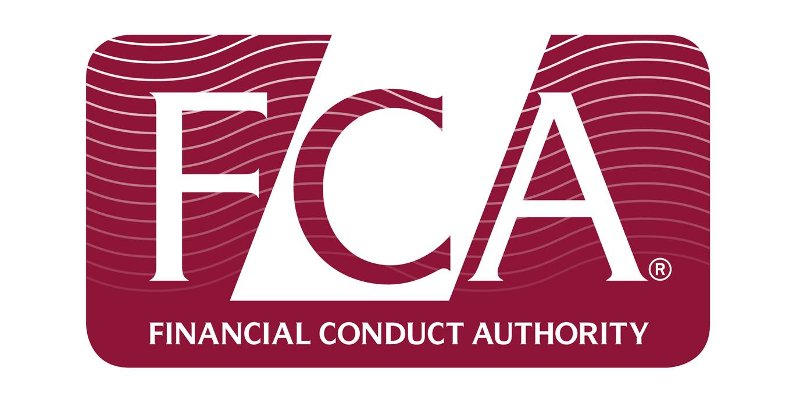
Robert Sinclair is chief executive officer of AMI
In its proposed fees budget for 2020/21, the Financial Conduct Authority (FCA) has considered the effect of any fee increases on small firms and therefore moved to freeze minimum fees and defer the payment deadline for small and medium-sized firms.
However, it has not amended its total budget requirements in view of the pandemic, and is expecting large firms to pick up the excess and pay promptly within the usual timescales.
Mortgage and protection firms, and those reliant on estate agency, are in a different situation to many of the firms that the FCA regulates.
Whilst investment advisers will see their incomes fall for the next three to six months, they will still continue.
In contrast, the lockdown has seen most property completions put on hold, while valuers are not able to go out to undertake valuations, removal companies are furloughed and house viewings have virtually ceased. The pipeline for mortgage intermediaries has significantly reduced.
This will take some time to rebuild once lockdown eases. The impact on firms’ incomes has been felt almost immediately, and will continue to be for many months, with an expectation that firms will not be able to get back to normal levels until Q1 2021.
Where networks are regarded as large firms by the FCA, rather than a grouping of small firms, the decision only to freeze the minimum fees will mean that appointed representative (AR) firms sitting within networks will not benefit. Their costs will increase in line with changes for large firms.
Whilst intermediary firms have been stripping back costs and furloughing staff, there is no indication that the FCA is looking to reduce its costs. Firms are wondering whether they will be able to pay staff and fees and survive, meanwhile the FCA has launched its advertising for next year’s apprenticeship programme.
The FCA transformation plan has been dropped into the proposals with little detail and no cost-benefit analysis. At a £30m cost to fee-payers over the next three years, we might have expected a clearer forecast of savings and efficiencies.
In broad terms, fees for smaller firms will be the same as last year for the FCA, Financial Ombudsman Service (FOS) and Money Advice Service (MAS), with a slight fall for the Financial Services Compensation Scheme (FSCS). For larger firms, FCA costs will rise by about 5% due to increased turnover, FOS costs might rise by around 30%, while MAS and FSCS will be stable. Overall, this is a best-estimate increase of around 8% in their total invoice.
Whilst the FCA is exceptionally busy on COVID-19 related changes being implemented across the whole sector, and helping deliver the initiatives created by Treasury, this cannot be all of its staff.
It should be de-prioritising whole rafts of work and standing down staff. Until we see what is left of UK financial services, a thinned down, cheaper FCA is imperative.



